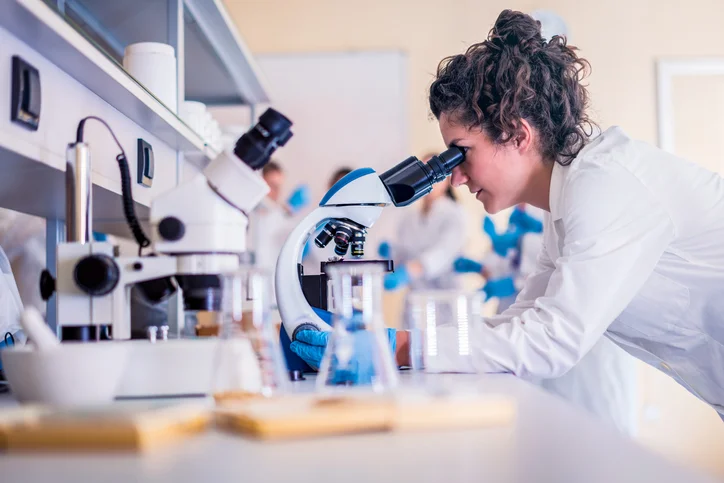What Is an Entry Level Chemist and How to Become One

Table of Contents
What Does an Entry-Level Chemist Do?
An entry-level chemist has many responsibilities including helping project managers with analyzing data, writing reports, and setting up, calibrating, operating, and maintaining lab equipment. In this job, you also handle paperwork, ensuring it is complete and accurate. You should use this time to develop analytical skills, gain experience with laboratory experiment procedures, and learn any necessary protocols. Qualifications include a bachelor’s or master’s degree in chemistry and 2-5 years of relevant experience within the industry or an academic setting. Communication and research are crucial in this career, as one of your main duties is to ensure your procedural and analytic techniques are up to date.
How to Become an Entry Level Chemist
What Are Possible Areas of Specialization for Entry-Level Chemists?
There are a few areas of specialization for an entry level chemist, including analytical, forensic, medicinal, and organic. An analytical chemist works for environmental and pharmaceutical companies. Your duties in this field include the analysis of chemical compounds and substances to learn their composition and how various materials interact with each other. A forensic chemist tests substances like blood and hair from crime scenes. You usually work for police departments or another branch of the government. A medicinal chemist often conducts and designs multi-step organic syntheses and may be required to document new procedures. As an organic chemist, you analyze the structure and chemical make-up of substances that contain carbon, which includes all living things.
How Can I Advance My Career as an Entry-Level Chemist?
Advancing your career as an entry-level chemist requires experience in the field. However, earning advanced academic qualifications like a master’s degree or doctorate is a more direct route to acquiring a better position from the start. After you work as a research assistant, the next position up would be a pharmacist technician. After gaining experience, a pharmacist technician may become a pharmacist manager or clinical pharmacist within 6-10 years. If you’re interested in research, having many years of postdoctoral experience can offer you more opportunity in the industry. Work-study programs, internships, and fellowships can also boost your job opportunities
What Career Options Are Available for an Entry-Level Chemist?
Career options available for an entry-level chemist vary widely depending on your interests. Research and Development opportunities are available in many industries from pharmaceuticals to cosmetics. Quality control positions are available in many chemical and solvent manufacturing companies. In these roles, you ensure the products remain within safety guidelines and continue to test as needed. State and federal government agencies require a variety of research and forensic work, so these jobs are typically in high demand. You may also choose to work in a university or even as a chemistry teacher in a high school.